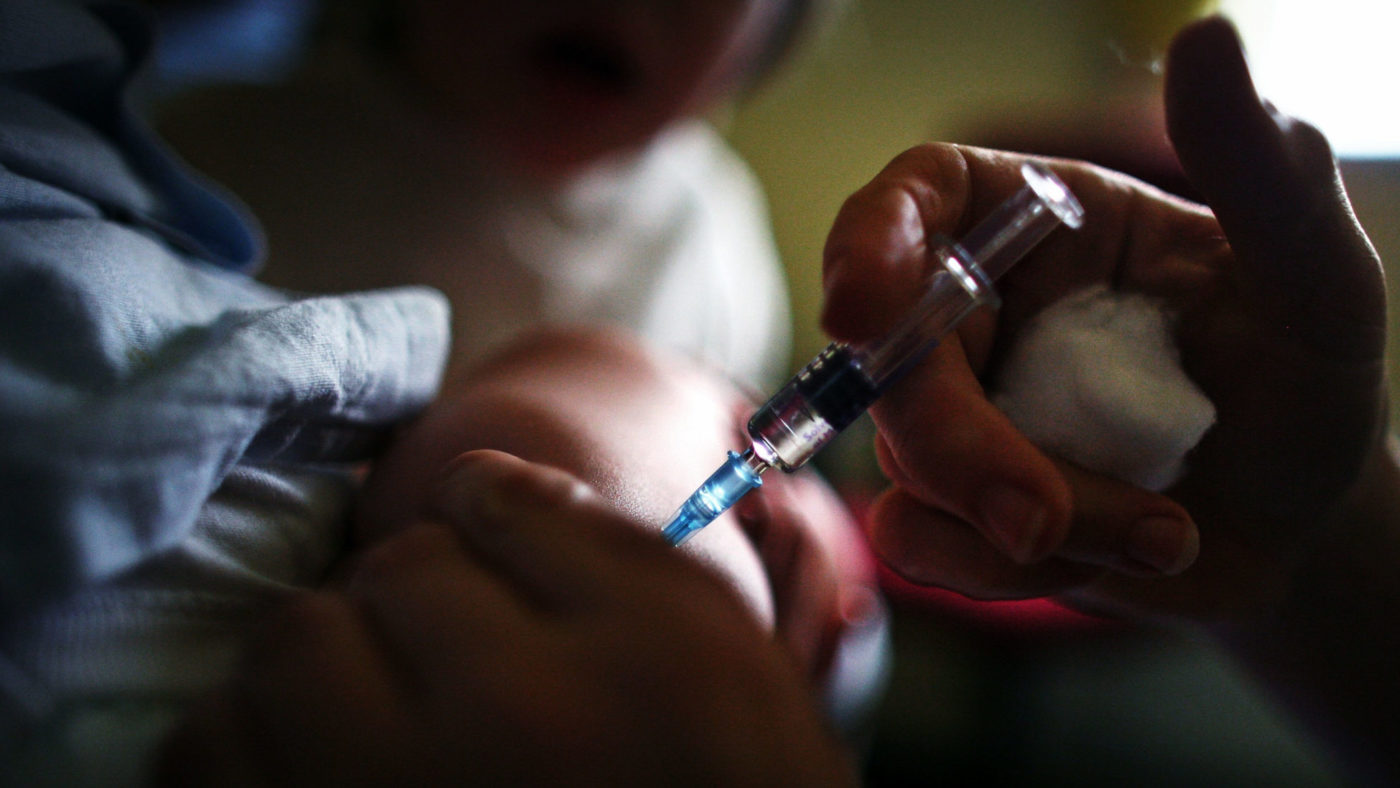Measles cases have surged in Europe, with World Health Organisation figures showing 41,000 new infections in the six months to June of this year, with 37 deaths.
To give a sense of the scale, there were only 24,000 cases in the whole of 2017. The situation is particularly severe in Ukraine, which saw 23,000 cases, but even excluding them the total is far higher than last year. Bear in mind, too, that the total in 2016 was just over 5,000 and you get a sense of a startling trend.
The WHO’s officer for vaccine-preventable disease, Mark Muscat, is frank about the genesis of the latest outbreak:
There are a lot of rumours and misinformation about safety. There are also problems where some parents have limited access to health systems and some have become complacent. They do not realise the importance of vaccinating their children because the diseases is not around. That is totally wrong. Unfortunately we have some measles-related deaths. Last year it was 38. This year it is already 37 in the first six months.
The fact it is increasing at all should be cause for huge alarm. And while it would be misleading to blame the anti-vaxx movement for all of this year’s surge, it’s another reminder of the importance of defending scientific evidence against the the slings and arrows of online misinformation, quackery and downright stupidity.
As Stephen Pollard put it his morning, “a particular type of educated but thick middle class parent who thinks they know better than medical science and don’t vaccinate”.
Ordinarily the liberal in me would be all in favour of parents doing what they think is best for their children. In this case, though, the anti-vaxxers are actively endangering other people’s children through their own idiocy. Demanding parents vaccinate their children therefore passes J.S. Mill’s harm principle – do what you want, as long as it doesn’t harm others.
Unfortunately, the anti-vaxx movement appeals not only to the “no chemicals in our food” brigade, but also to the populist posturing of the alt-right. It’s far easier, after all, to win a battle about big bossy elites telling the little people what to do than weigh the scientific evidence.
By way of example, here’s Donald Trump during the Republican presidential primary campaign offering what he doubtless considers compelling evidence of a link between vaccines and autism:
“We’ve had so many instances, people that work for me. Just the other day, two years old, two and a half years old…the child went to have the vaccine and came back and a week later got a tremendous fever, got very, very sick, now is autistic.”
More recently we have seen the lunacy of Italy’s new government getting rid of mandatory vaccination in the name of “parental choice”, and Marine Le Pen is also against mandatory vaccination. To add to this toxic brew, Russian bots got involved in spreading anti-vaccination misinformation in the run-up to Trump’s election.
Then there’s Andrew Wakefield, the high priest of the “MMR causes autism” religion. Being struck off by the General Medical Council is apparently no bar to a profitable career in peddling anti-vaxx theories across the pond.
But it’s Europe, not the US, where the problem is more serious. The Vaccine Confidence Project found that in 2016 Europe was the most sceptical area of the world about vaccine safety.
All of which, combined with the alarming recent statistics, should be a reminder to all of us who value logic, evidence and science that the battle against unreason is far from won.


